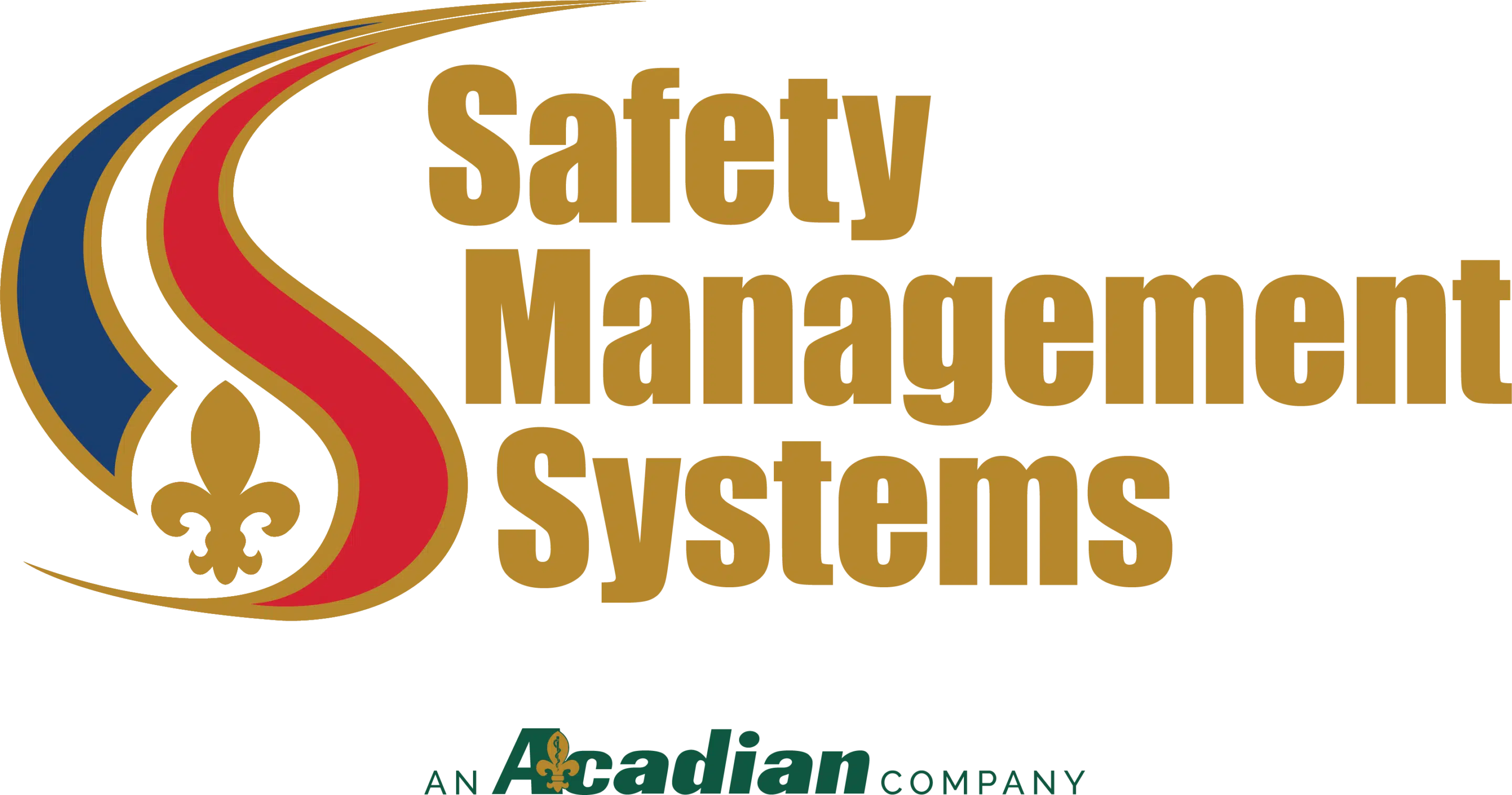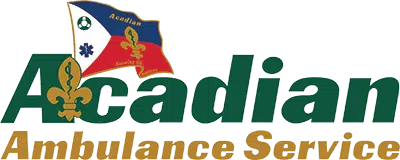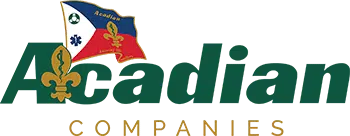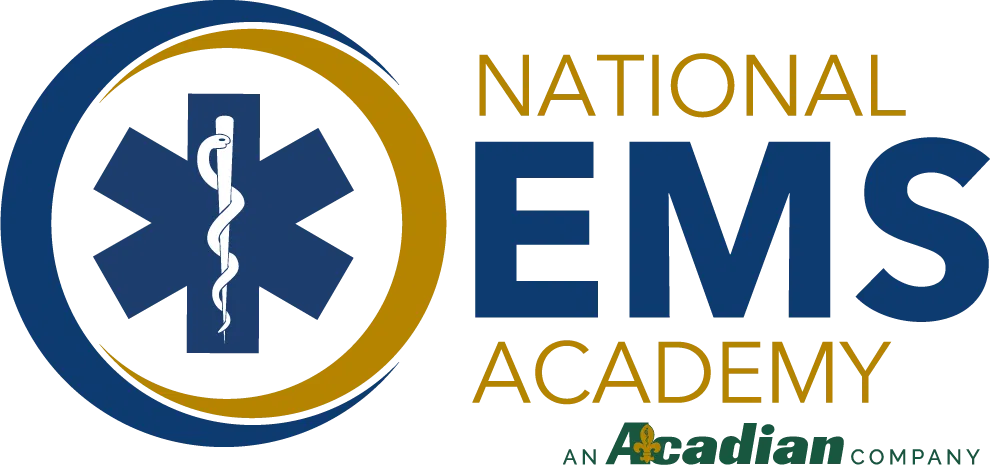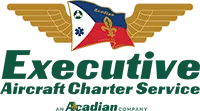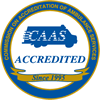Medical Skills Training and Refreshers
Training questions? Email us at training@acadian.com.
Courses may be provided on-site and tailored to your company’s training needs. Call (337) 521-3430 to find out how we can customize your company’s training programs.
Emergency Medical Responder (EMR)
formerly First Responder
Overview
The Emergency Medical Responder program is designed to teach emergency medical responders lifesaving skills as stated in the course objectives listed below. Upon successful completion of the course, the student will receive certification as an Emergency Medical Responder from the Louisiana Department of Health and Hospitals, Bureau of Emergency Medical Services (LA BEMS).
Course Length:
50 Contact Hours
Course Objectives
Upon completion of Emergency Medical Responder training, the student will be familiar with:
- Describe the roles and responsibilities, the scope of practice, and protecting the well-being of the Emergency Medical Responder (EMR) within the Emergency Management System (EMS).
- Explain appropriate knowledge of medical, legal, ethical and cultural issues in the provision of emergency care.
- Describe principles of anatomy, physiology, and pathophysiology in the provision of emergency care.
- Demonstrate the use of proper body mechanics when lifting and transporting patients.
- Describe the importance of proper communication in an EMS system. Describe proper communication and documentation techniques in the provision of emergency care.
- Demonstrate accurate skills in the assessment of patient history and vital signs.
- Apply knowledge of general pharmacology in the provision of emergency care
- Explain proper techniques of resuscitation, maintaining an open airway, suctioning, and administration of oxygen including CPR
- Demonstrate proper techniques in caring for patients with:
- Principles of Moving Patients
- Emergent Moves
- Standard Moves
- Equipment for Transporting Patients
- Cardia Emergencies
- Angina
- Cardiac compromise
- Conduction pathway
- Heart failure
- Myocardial infarction
- Respiratory Emergencies
- Agonal respirations
- Asthma
- Bronchitis
- Chronic Obstructive Pulmonary Disease (COPD)
- Respiratory compromise
- Respiratory distress
- Respiratory failure
- Behavioral Emergencies
- Environmental Emergencies
- Frostbite
- Heat cramps
- Heat exhaustion
- Heatstroke
- Caring for Soft-Tissue Injuries and Bleeding
- Controlling External Bleeding
- Detecting Internal Bleeding
- Emergency Care of Burns
- Thermal burns
- Chemical burns
- Electrical Burns
- Muscular-Skeletal Emergencies
- Multisystem trauma
- Penetrating trauma
- Shock
- Amputation
- Avulsion
- Blunt trauma
- Dislocation
- Fracture
- Manual stabilization
- Splint
- Principles of Moving Patients
- Describe management and care of patients during pregnancy and childbirth.
- Recognize developmental and anatomical differences in patients across the life span, including infants, children and the elderly.
- Describe the patient care needs of pediatric and geriatric patients in emergencies.
- Describe disabilities and challenges patients with special needs may have.
- Identify special considerations associated with air medical operations, weapons of mass destruction and terrorism.
- Demonstrate proficiency in EMR skills
Additional Information
Requirements
- Must be in good physical health and able to perform the duties of an Emergency Medical Responder.
- Professional rescuer-level CPR is a prerequisite. The student must be verified at the provider level before entering the course.
- Prospective students must complete the criminal background affidavit in their own handwriting. Prospective students must have all misdemeanor and felony convictions reviewed by the EMS Certification Commission and by the National Registry (if applicable). They may not have a physical or psychological dependence to any substance other than those recognized as therapeutic treatments for valid medical conditions for which they are currently under the care of a physician. The applicant must also agree to an investigation by the sponsoring agency to verify these facts if the agency sees fit to initiate such an investigation.
Written Exam
Emergency Medical Responder final exam minimum passing score is 70%.
Recertification
Bi-annual refresher training is required, which consists of a 16-hour EMR Refresher, which must be taken prior to the September 30th deadline. If the student has not completed an EMR Refresher by September 30th, they will need to complete an EMR Initial course to recertify their EMR.
Course Registration
Training questions? Email us at training@acadian.com.
Courses may be provided on-site and tailored to your company’s training needs. Call (337) 521-3430 to find out how we can customize your company’s training programs.
